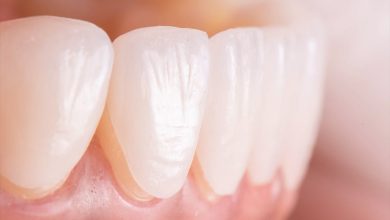What role does counselling play in outpatient drug rehab?

Counselling is the basis of every outpatient addiction recovery program is not only about keeping track of sobriety. It helps people understand why substance problems started. Without proper counselling, programs only observe if a person uses drugs or alcohol. They do not give tools to build lasting recovery. Different forms of counselling work together in these programs. Each type focuses on a special part of addiction healing.
Private therapy uncovers root causes
Personal problems can be discussed in a safe and private environment during individual counselling sessions. The sharing of painful memories or past abuse is cause for fear. These sessions also focus on mental health and family struggles. Counsellors in Outpatient drug rehab Orange County centres spend time earning trust before opening deep conversations. This helps create a personal plan that fits each person’s story and life situation. They do not use one single method for everyone sessions usually last between 45 and 60 minutes each. It depends on the individual’s needs whether sessions are held weekly or twice a month. During these sessions, the counsellor helps find thoughts that lead to substance use. New coping methods are created for each person’s triggers. Past trauma is processed slowly with guidance and care.
Behavioural changes require examination
Daily actions and automatic responses either support or undermine recovery efforts. Counsellors examine morning routines, social relationships, stress responses, and leisure activities to identify needed changes. The extent to which lifestyles revolved around substances often surprises people until counsellors point out these patterns. Ingrained habits must shift for lasting sobriety. Practical skill development occurs through specific behavioural techniques. Counsellors provide concrete strategies for craving management, stress handling, and social pressure resistance. Time previously spent on substance activities gets filled with healthier alternatives. Repeated practice gradually makes it easier to change harmful habits into beneficial ones that are reinforced consistently in order to become automatic.
Emergency help prevents complete relapses
Recovery includes difficult periods requiring immediate support beyond regular appointments. A crisis counsellor with urgent scheduling of sessions provides telephone consultations and refers clients to appropriate resources when necessary. The possibility of preventing relapses from becoming full relapses is achieved by intervening early.
- It is still possible to get emergency treatment for clients experiencing psychological health crises or situations threatening their sobriety
- In routine counselling, plans are prepared for situations ahead of time and are improvised in times of crisis
- Clients may receive additional services mental health care, medical treatment, or residential treatment outpatient support is insufficient
- Follow-up contact after crises ensures clients have recovered from immediate threats and remain stable enough to continue outpatient treatment safely
Counselling powers outpatient rehabilitation through multiple interconnected components. Individual therapy addresses personal issues and customises treatment approaches. Group sessions help people find support from others. They also reduce the feeling of being alone. Behavioural counselling builds daily life skills. It allows a person to form healthy habits that last. Crisis support steps in before issues become serious. Long-term sessions keep progress steady. They help the person stay strong in recovery. All these steps work together to heal the mind and behaviour. They also repair social connections affected by addiction. Professional help is needed at every stage for real recovery.





